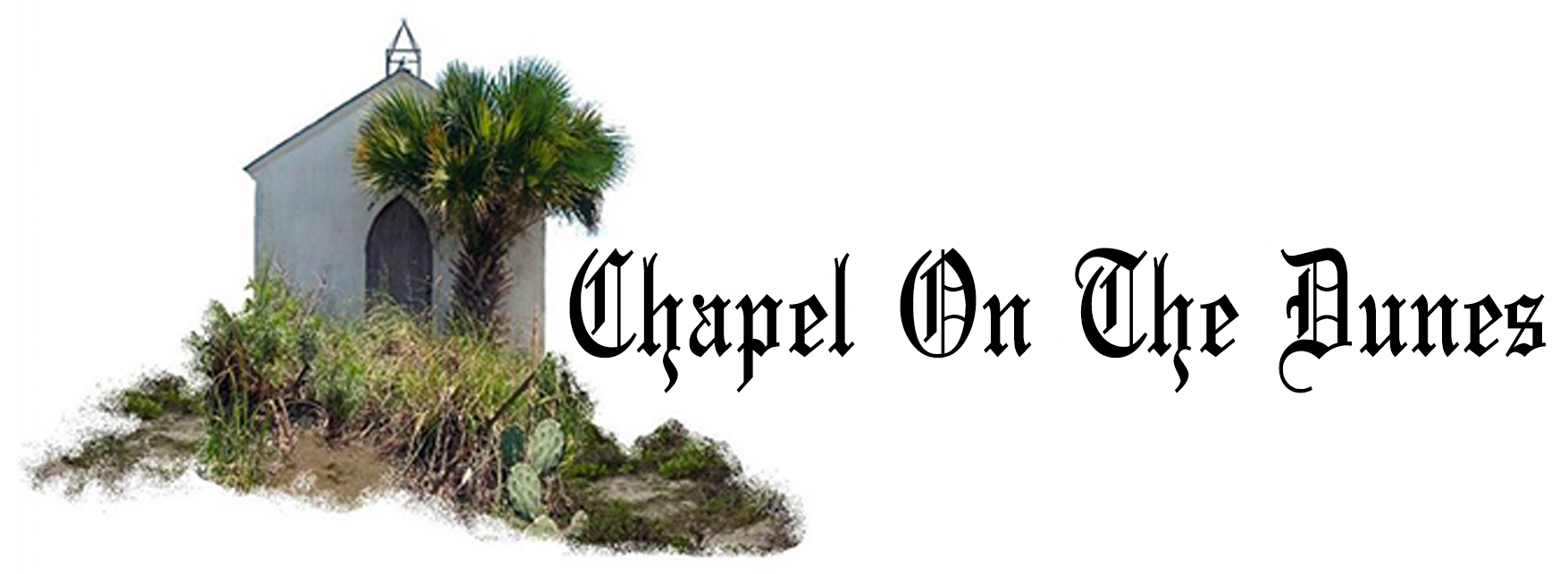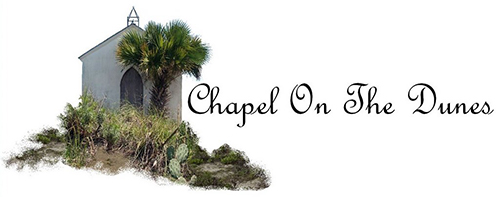Aline B. Carter
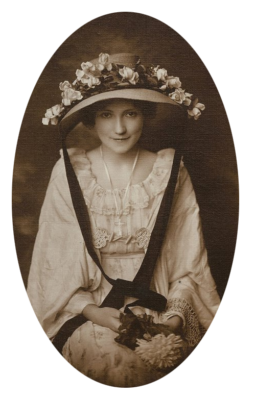
Adapted from Poets Laureate of Texas 1932-1966
By Margaret Royalty Edwards
February 5, 1966
Aline Badger Carter, sixth woman to be appointed poet laureate of the State of Texas, is not only a native Texan herself but she is also the granddaughter of the late Sarah (Riddle) Eagar who was born in San Antonio, Texas during the Republic in 1842. Mrs. Eagar was a member of the Daughters of the Republic until her death in 1947. Mrs. Carter is a member in the same organization and she has an inherent interest in everything pertaining to the state and its development.
Aline Carter, like her grandmother, was born in San Antonio, the daughter of Frank J. and Blanche (Eagar) Badger. She received her primary education from private tutors and later study in the Boston Conservatory of Music, Eric Pape School of Art, and Wellesley College. Mrs. Carter is now a member of the Avalon World Arts Academy, the Poetry Society of Texas and the Episcopal Church. Her works have appeared in Different, The Raven, Wings, The Christian Century, Choir Practice, Versecraft and in the anthologies; Wings Over Chaos, Avalon Press, Music in Miniature, published by R. Ralph Cheyney and Lucia Trent, and Poems of Trees, a Sidney Lanier Memorial, published by Wightman Melton.
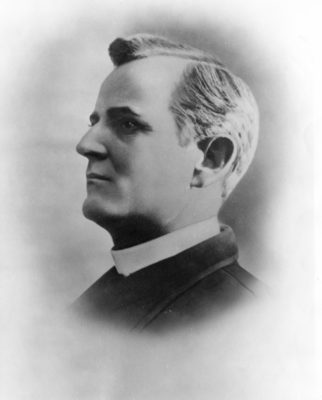
H.C. Carter
In private life Aline B. Carter is Mrs. Henry Champe Carter, whose husband, the late Honorable H. C. Carter, was a prominent Texas attorney and past president of the State Bar Association. Their three sons are Henry Champe Jr., Frank J. and David Paul Carter.
Mrs. Carter has been a poet and active in poetry circles for some time prior to her appointment as poet laureate in 1947, but she was unwilling to rest on her past laurels. She regarded her selection as an opportunity, and used it as a means of encouraging other young people in the field of poetry—so that the studying or writing of it would not be regarded as “an impractical vice in a class with other things to be shunned.” She has not only advocated poetic endeavors, but has demonstrated her keen interest in a material way by offering prizes for poems both on high school and adult levels. She has stressed especially the themes of peace and world cooperation. One of the annual prizes in the contests of the Poetry Society of Texas is the Aline B. Carter Peace Prize.
Working with Lucia Trent, poet and poetry critic, then of San Antonio, now residing in Austin, Mrs. Carter became one of the co-founders of Poetry Day in Texas. These two were instrumental in having the definite date of October 15 established for its observance by the late Governor Beauford H. Jester in 1948, in order that citizens might have the opportunity of honoring the poets of the state, both living and deceased, who have made contributions to the culture of the Lone Star State.
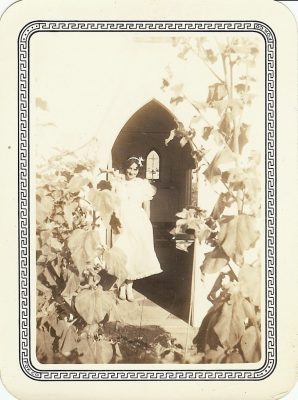
Chapel on the Dunes
Mrs. Carter is not only a fine poet, but she is also an artist, an astronomy educator, and a harpist, having studied under an outstanding teacher of the Boston Conservatory of Music, harpist Harriet A. Shaw. She has in her home an organ and an observatory, complete with telescope, just for her pleasure and for that of the public. At the Witte Museum Aline teaches astronomy to groups of young students. Aline’s love of science and nature seen in her art and poetry today originate from these interests spurred by her beloved father, who, for example, instructed his daughter to learn the native trees of Texas blindfolded through the touch of bark and leaves. Students invited to her home will find numerous geologic and biologic specimens displayed. Aline may also be found teaching students in her small chapel in Port Aransas, known as “Chapel on the Dunes” or reflecting on the wonders of nature in her “Sunrise Cliff” overlook on the Guadalupe River.
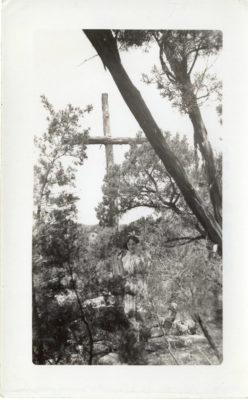
Sunrise Cliff over the Guadalupe River
Outreach and education to all members of the community has been a matter of deep concern for Aline. It is Mrs. Carter’s rule, whenever possible, to accept all invitations to speak, and she goes into jails and other bleak places where her radiant personality reveals her belief in the brotherhood of man.
Not only does Mrs. Carter give of her time and money to the cause of poetry, but she indulges in other benefactions—many of which she manages to keep concealed, according to her friend Lilith Lorraine and Charles Ramsell in the San Antonio Express, October 1948. One she has not been able to keep hidden is the Christmas celebration, with religious and musical service, which she gives every year for a group of orphans.
Mrs. Carter’s most recent honors include awards and honorable mentions for her poems from the Southwest Writers’ Conference. She has also written a historical novel on early Texas from the oral histories of her great grandmother Elizabeth Menefee (Riddle) (Canterbury) and grandmother Sarah Eagar.
Although illness in her family curtailed Mrs. Carter’s poetical activities, she has managed to crowd in some. She has had poems published in a Belgian magazine, one translated into French for publication in La Poesie Contemporaine Aux Etats-Unis and one in Cyclotran. In addition, she has received the Avalon International Poetry Award in 1962, two awards from the Poetry Society of Texas in 1964, and won first prize in a 1950 worldwide competition of poems on peace held in Paris.
Besides all of this, Mrs. Carter has continued to donate her Peace Prize Award to the Poetry Society of Texas, thus adding stimulus to the interest in cultural affairs in the Lone Star State.
The poetry from the pen of this versatile author is of the world type—fitting any other area of the universe as well as it does that of her beloved Bexar County, Texas, as is evidenced in her volumes, Halo of Love and Doubt Not The Dream. Her works have a depth of thought as well as musical beauty and good form as the following examples will prove:
QUESTION IN THE NIGHT
Where do we tend, this long processional climb?
From what dim fogs of silence do we come
To destiny that holds this span of time,
Marked by the stars’ unceasing pendulum?
Earth swings down the centuries’ abyss
To reach horizons fading ever on.
And life made of a mortal tear, a kiss,
A yoke of toil, will flare, and then be gone.
Oh, where all leads, for what all is, and why
Is there no answer through the breathless void?
Is there no whisper through the timeless sky?
No song from sun nor moon nor asteroid?
Love is, and through that flame will man know light.
How strange that earth should question in the night.
ANDROMEDA, A MILLION YEARS FROM NOW
How clear the silent night! Andromeda
Holds high its pale, still flame above the world—
A sacramental lamp, a nebula
Beyond the cosmic dust our own unfurled.
The centuries have rolled like tides and gone,
And wingless light has leapt across the sky—
Andromeda—while man was battling on
Through death and life his hope will glorify.
A million years from now that silver ray
Will reach this shore again—that fire of stars
Intrigue another night. Will love hold sway?
The heart awake to rise above its scars?
Oh Life, in that far hour, will man walk free
To Emmaus beyond Gethsemane?
THREADS OF LIGHT
A spider is a saucy elf
Spinning webs of light.
He cocks his head with furry glee,
You’d never think he’d bite.
I wondered what’s the use of him
And why he spins all day
As though the world depended on
His busy elfin play.
But then I came through dewy dawn
Upon a magic sight—
A hundred sparks of fallen stars
Strung on threads of light.
I SHALL REMEMBER YOU
I shall remember you when winds
That blow across this sea
Have turned to melodies of space.
When waves come back to me
With memories I hold of earth,
And stars dissolve like dew
Upon the wistful skies of night,
I shall remember you.
EARTH LAUGHTER AND SKY SONG
There is something in dune grasses
That is music in my soul—
The way the salt wind passes
And sings a baracole.
There is something in waves dashing
That is laughter in my heart—
The way of sunlight splashing
On bubbles blown apart.
There is something in sea-chatter,
Sand pipers down the beach,
And gulls that rainbows splatter
With light beyond my reach,
That will sing forever after,
That will call me all day long—
This whole wide earth of laughter,
This whole wide sky of song.
Her term has put a new definiteness to the precedent of using the position of poet laureate as a means for the advancing of culture in Texas.
Edwards, Margaret Royalty. Poets Laureate of Texas 1932-1966. The Naylor Company, 1966, pp. 43-48.
